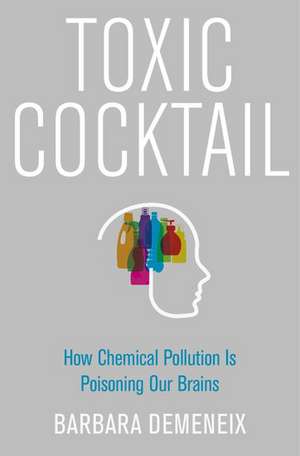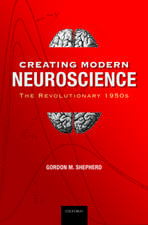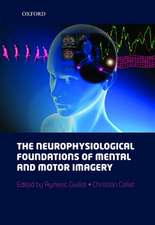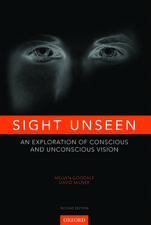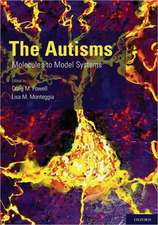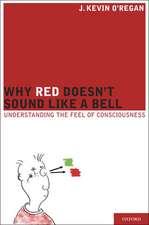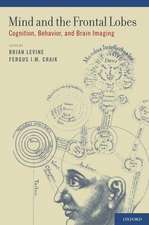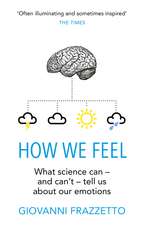Toxic Cocktail: How Chemical Pollution Is Poisoning Our Brains
Autor Barbara Demeneixen Limba Engleză Hardback – 6 apr 2017
In today's world, everyone carries in their bloodstream a toxic assortment of dozens of industrially produced chemicals. Not only do these adversely affect the health of adults and children, but also, and more worryingly, they damage the development of unborn infants; the amniotic fluid of pregnant women has been found to contain a variety of chemicals, such as pesticides, plasticizers, disinfectant products, flame-retardants, surfactants and UV filters, many ofwhich interfere with fetal physiology. iToxic Cocktail: How Chemical Pollution Is Poisoning Our Brains makes a warning call to action. A single gland in our bodies, the thyroid, produces thyroid hormone vital for brain development, but many chemicals that we are exposed to are thyroid-disrupting. As the number of chemicals in the environment to which we, and, particularly, developing fetuses and toddlers, are exposed to inexorably rises, we simultaneously witnessing an unprecedented increase in neurodevelopmental disorders such asautism, ADHD, dyslexia, and IQ loss. The urgent question thus arises: Is chemical pollution poisoning brain development? And if so, as this book convincingly shows, what can be done about it collectively and individually? Toxic Cocktail explains the developmental processes and chemical disruption associated with thyroid hormone, discusses recent activity for environmental regulations and industrial lobbying in the United States and European Union, and makes pertinent suggestions for legislators and individuals-providing a "self-help" guide-for reducing exposure and limiting the dangerous effects of the multitude of chemicals on brain development. Toxic Cocktail is an engaging read for parents, general readers, and professionals in the health and education sectors.
Preț: 197.69 lei
Preț vechi: 242.58 lei
-19% Nou
37.83€ • 41.08$ • 31.78£
Carte tipărită la comandă
Livrare economică 11-17 aprilie
Specificații
ISBN-10: 0190260939
Pagini: 270
Dimensiuni: 157 x 239 x 31 mm
Greutate: 0.5 kg
Editura: Oxford University Press
Colecția OUP USA
Locul publicării:New York, United States
Recenzii
In a complex and changing world, it is not surprising that humans ignore subtle warning signs that predict danger. Psychological science has much to offer in explaining why people are often incapable of acting in their own self-interest, particularly in regard to life sustaining policies that concern global warming, environmental protection, and public health.
The thyroid system has several qualities that make it an excellent choice for coverage. [Toxic Cocktail] beautifully illustrates the Goldilocks principle of endocrinology: the amount of hormone made by the gland must be just right for the body to function properly.
Notă biografică
Barbara Demeneix is an internationally recognized expert on thyroid function and brain development. She acts as an expert for the Organisation for Economic Cooperation and Development (OECD) in the field of endocrine disruption, notably for chemicals affecting thyroid hormone function. In 2014 Demeneix received the CNRS Medal of Innovation and was promoted to Officer of the Legion of Honneur. She has authored over 150 scientific publications and patents, includingLosing Our Minds: How Environmental Pollution Impairs Human Intelligence and Mental Health (OUP 2013). She trained and worked in the UK, France, Canada and Germany, and currently serves as Professor of Comparative Physiology and Head of Department at the National History Museum in Paris,France.
